Introduction: Everyone’s Using Influencers. But Are They Getting Results?
Influencer marketing is booming in Nigeria’s digital economy—but it’s also broken in many places.
Small businesses are paying influencers but seeing little return. Many choose the wrong creators for their audience or rely on vanity metrics such as likes instead of real leads.
This article cuts through the hype. Here’s what’s actually working in 2025, what’s no longer effective, and how to spend your budget wisely.
What Is Influencer Marketing?
Influencer marketing is when a brand partners with a person who has an engaged online audience to promote a product, service, or cause.
In Nigeria, this could mean:
- Instagram beauty creators.
- TikTok comedians.
- LinkedIn thought leaders.
- WhatsApp community sellers.
- YouTube reviewers.
- X (Twitter) micro-influencers.
Done right, influencers can drive awareness, trust, and sales. Done poorly, they drain budgets.
What Works in Influencer Marketing (2025)
Micro-Influencers with Niche Audiences
Brands are shifting away from celebrities towards micro-influencers with smaller but loyal followings.
Example:
A Lagos-based skincare startup gets better results from a 5,000-follower beauty coach than a Nollywood actress with half a million disengaged followers.
Smaller influencers = higher trust, better engagement, and lower costs.
Video Content Over Static Posts
TikTok, Instagram Reels, and YouTube Shorts outperform still images. Video builds connection, demonstrates products, and benefits from stronger algorithm reach.
Tip: Ask influencers to post authentic short-form videos using your product—not just pose with it.
Long-Term Partnerships, Not One-Off Shouts
The best results come when influencers act as brand partners. That means:
- Co-creating content.
- Attending events and launches.
- Sharing feedback.
- Posting regularly over time.
This builds stronger credibility than one quick mention.
WhatsApp-Based Influencers
WhatsApp Status sellers and community leaders are underrated but powerful. Nigerians trust WhatsApp, and mid-income consumers often buy through these personal networks.
Clear Calls-to-Action and Tracking
Give influencers specific instructions: “DM us to order”, “Click this link”, “Use code HYDEAS10”.
Then track with:
- UTM links.
- Discount codes.
- Google Analytics.
- Manual sales reports.
If you don’t measure, you won’t know if it’s working.
What Doesn’t Work Anymore
Follower Count Over Community
Big numbers mean nothing if the audience is irrelevant or fake. Always check engagement rates and audience demographics.
One-Off Shoutouts
One post rarely converts. Audiences need multiple exposures before acting. Aim for a minimum three-month partnership.
Ignoring Platform Fit
The wrong influencer on the wrong platform is wasted money. Don’t use a fashion influencer to promote tech, or LinkedIn for a fast-moving consumer good.
Over-Edited, Scripted Ads
Audiences reject content that looks too polished or sounds inauthentic. Influencers should tell the story in their own voice, guided by your brand tone.
Checklist: How to Choose the Right Influencer
- Do they speak to your target audience?
- Is their engagement rate 3–10%?
- Do they post consistently?
- Do their values align with your brand?
- Have they delivered results for similar brands?
- Are they professional to work with?
Choose connection and relevance over clout.
How to Measure ROI Properly
Key metrics include:
- Leads generated.
- Sales made via codes or tracked links.
- Reach and impressions.
- Mentions and tags.
- Comments, shares, and saves.
Bonus tip: Some buyers need 3–7 exposures before converting. Track results over time, not just after the first post.
Nigerian Case Study: Local Juice Brand
A Lagos-based juice brand worked with:
- One Instagram food blogger.
- Two WhatsApp Status influencers.
- One TikTok fitness coach.
Instead of mass advertising, they focused on authentic, location-specific promotion.
Results:
- 300% increase in direct DM orders.
- Repeat customers within three weeks.
- Five new bulk reseller requests.
Strategy over stardom wins every time.
Conclusion: Focus on Trust and Fit
In 2025, influencer marketing in Nigeria is about trust, relevance, and measurable results. The brands that thrive will be those that work with the right creators, build real partnerships, and measure ROI with discipline.
Want help choosing the right influencers for your business? Hydeas Technology builds campaigns that actually work—from matchmaking to strategy to performance tracking.

